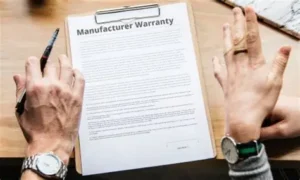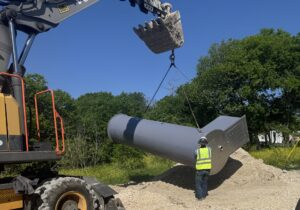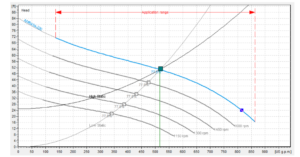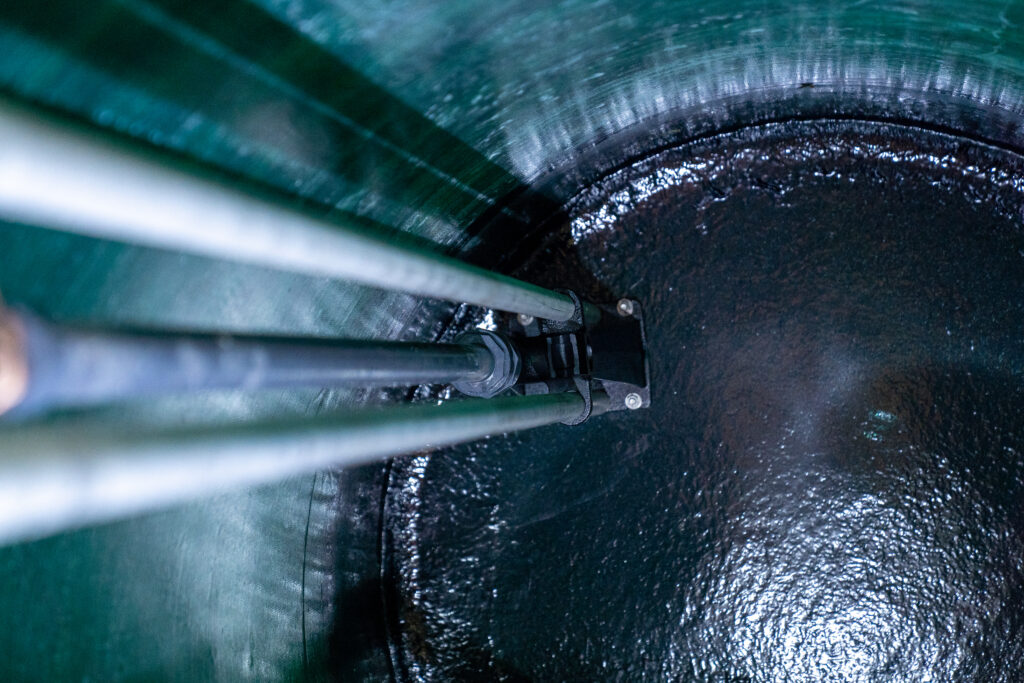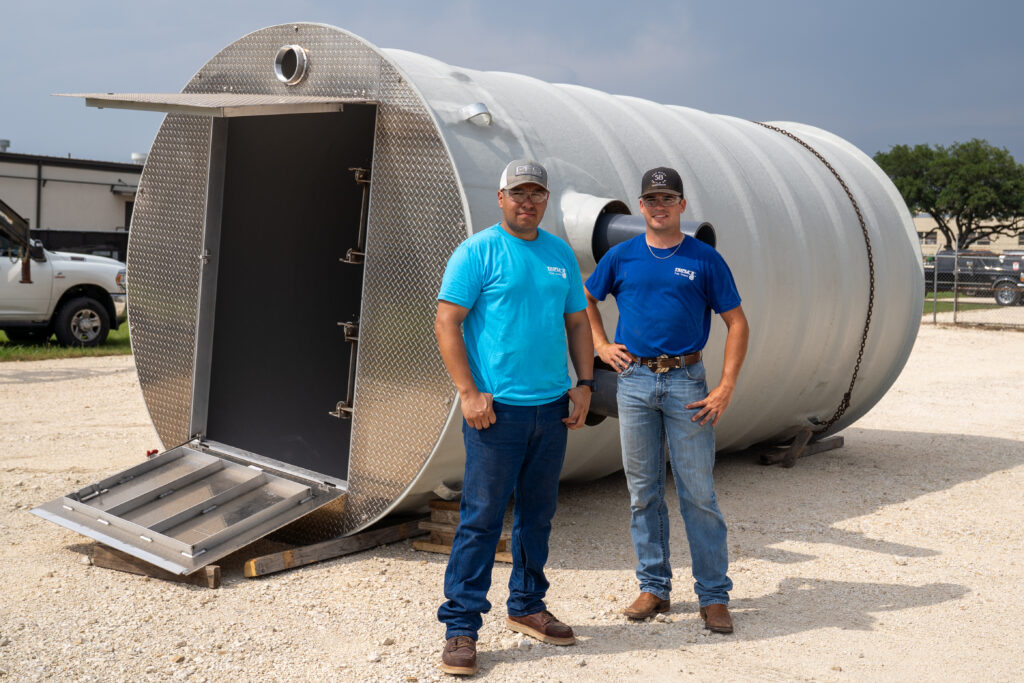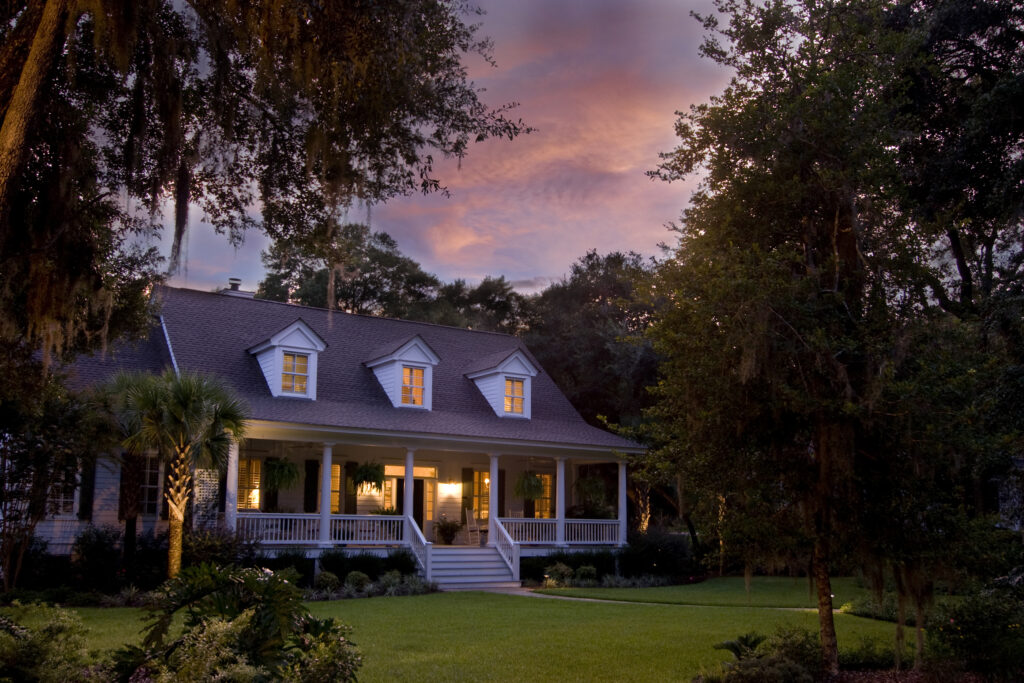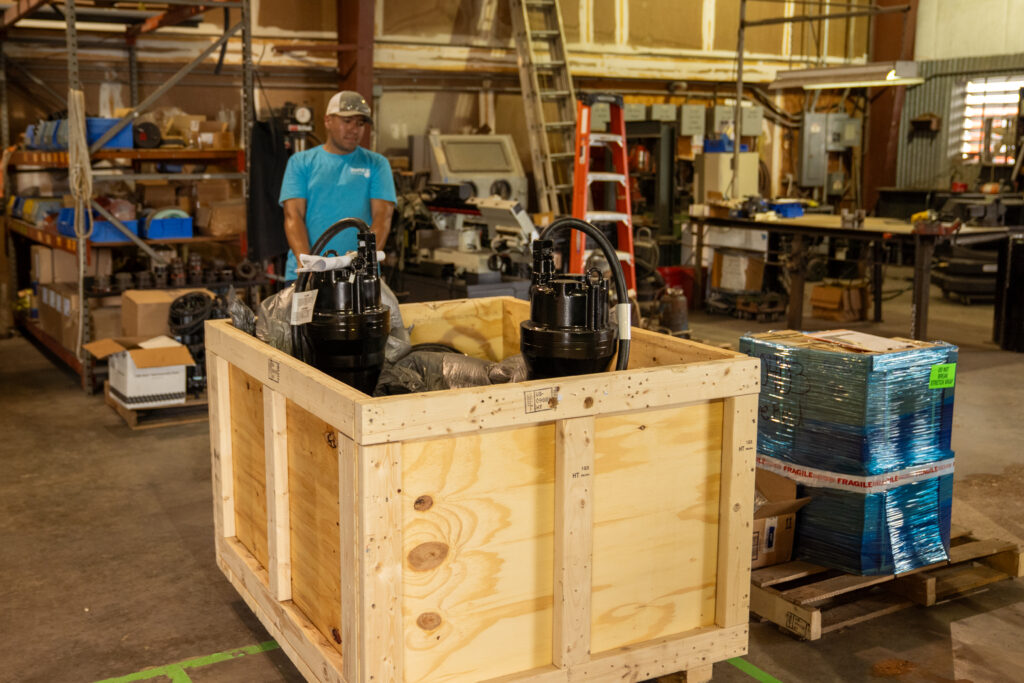When it comes to selecting the right pump for a lift station or wastewater system, it’s easy to get overwhelmed by the options. One of the most common questions we hear at Triple D Pump is:
“What’s the difference between grinder pumps, non-clog pumps, and cutter pumps?”
While they may look similar, these pumps are built for very different jobs. We’ll break down each type of pump, when to use them, and which might be the right fit for your system.
Grinder Pumps: Small but Powerful
Grinder pumps are designed to grind up solid waste into a fine slurry, using a spinning blade or cutter. These are perfect for environments where solids like wipes, feminine products, and rags are frequently flushed—because those materials are the #1 cause of pump failure in many systems.
Best For:
- Residential or small commercial lift stations
- High head, low-flow systems
- Systems with narrow force mains or long distances
Pros:
- Prevent clogs by shredding solids
- Ideal for challenging materials (rags, etc.)
- Work well in systems with long pipe runs
Cons:
- Not ideal for high-flow applications
- More expensive and complex to maintain
Non-Clog Pumps: Built to Handle the Big Stuff
Non-clog pumps use large, open impellers that allow bigger solids to pass right through—without the need for grinding. They’re the go-to solution for many municipalities and commercial systems that experience high flows and standard waste materials.
Best For:
- Municipal sewer systems
- Industrial and commercial lift stations
- Medium to high-flow environments
Pros:
- Handle large solids (up to 3″ or more)
- Fewer moving parts = less maintenance
- Great for high-flow situations
Cons:
- Can still clog with stringy or fibrous materials
- Not meant for reducing solids—just moving them
Cutter Pumps: The Middle Ground
Cutter pumps combine the benefits of both grinder and non-clog pumps. A cutting mechanism at the pump’s inlet slices solids before they enter the impeller—helping reduce clogs without fully grinding the waste.
Best For:
- Commercial kitchens and restrooms
- Light municipal systems
- Lift stations prone to wipes and food waste
Pros:
- Reduces the chance of clogs
- Handles a moderate level of solids
- Often more efficient than a full grinder pump
Cons:
- Less aggressive than a grinder pump
- May need regular maintenance for the cutting blades
How to Choose the Right Pump
Still not sure what your system needs? That’s where we come in. At Triple D Pump, we’ve helped businesses, municipalities, and contractors all over Texas find the right solution for their specific application.
Whether you’re working with stormwater, wastewater, or industrial process water, we can help you select a pump that saves you time, money, and future headaches.
Let’s Talk Pumps
Pump selection is critical to your system’s performance and long-term reliability. If you’re not sure what kind of pump you need—or if you’re tired of fixing the wrong one—give Triple D Pump a call.
We’ll walk you through your options, answer your questions, and help you build a system that works as hard as you do.


